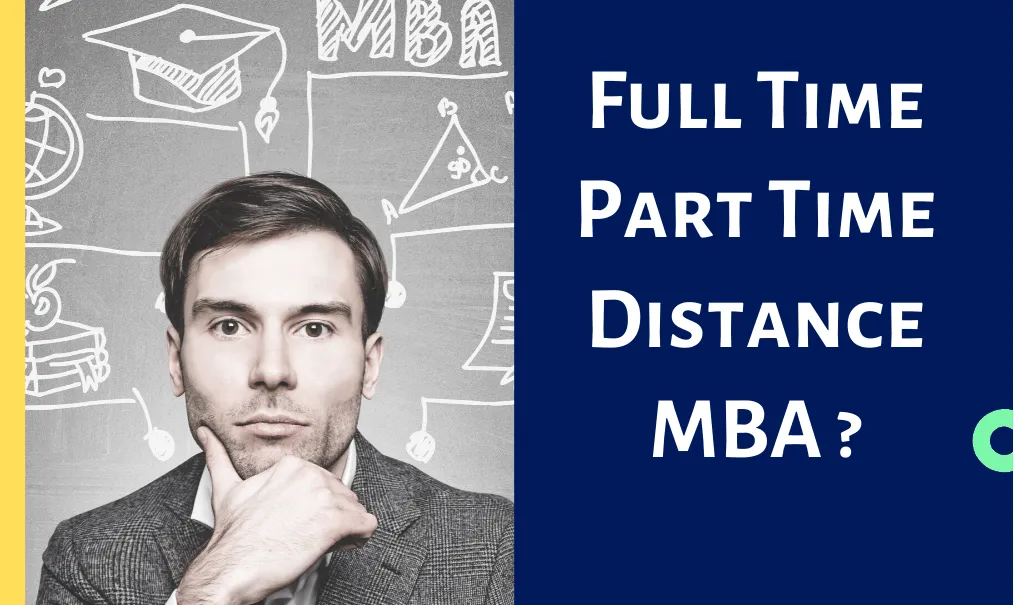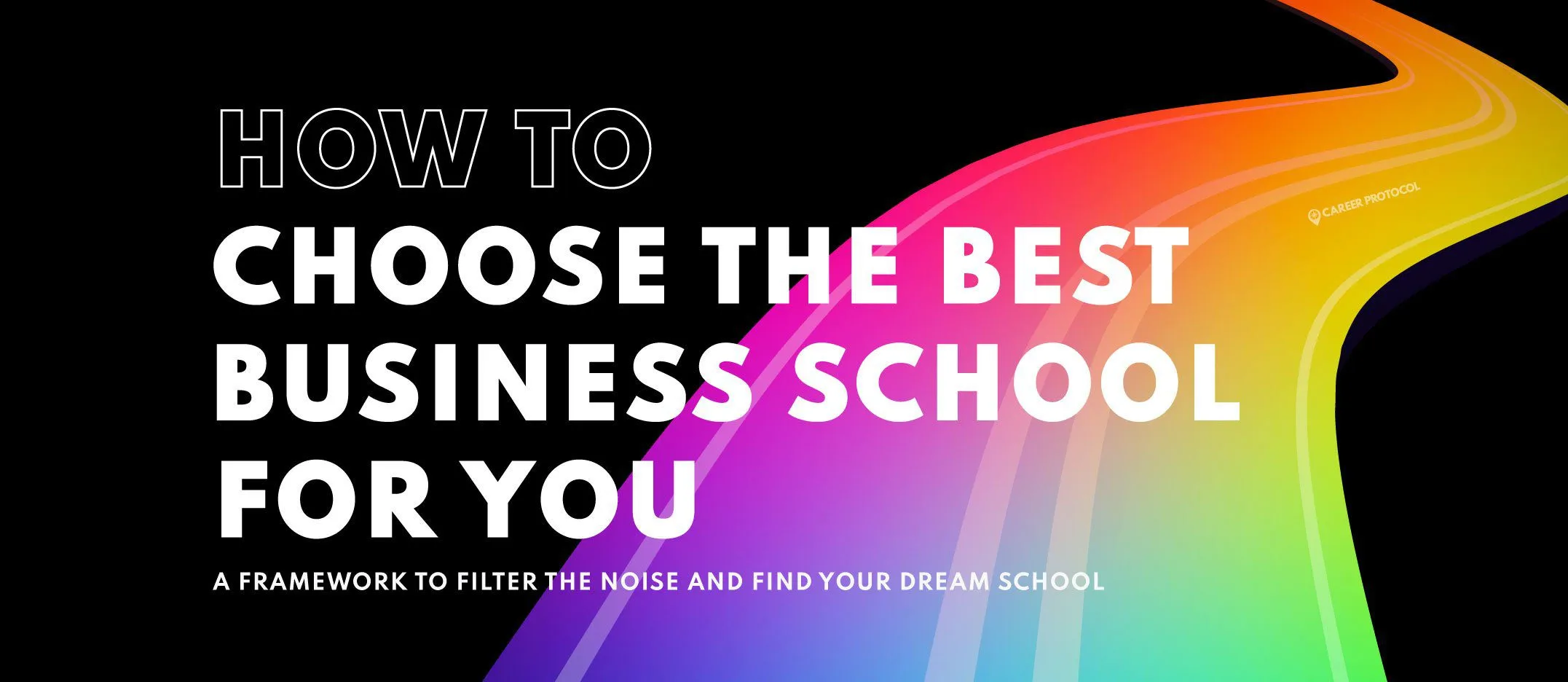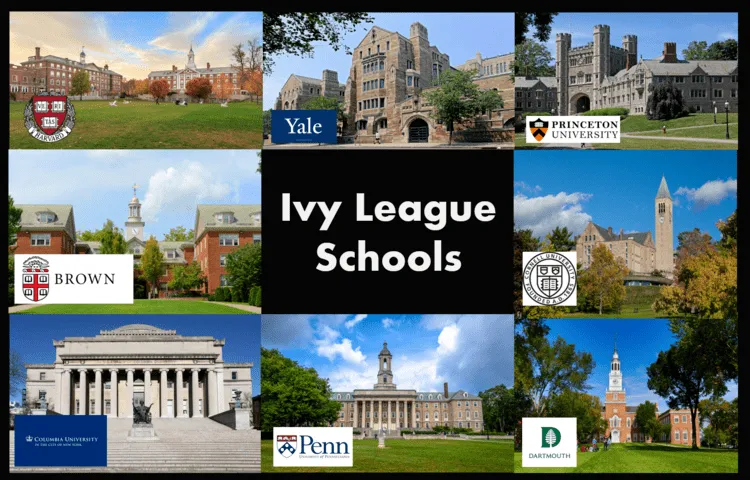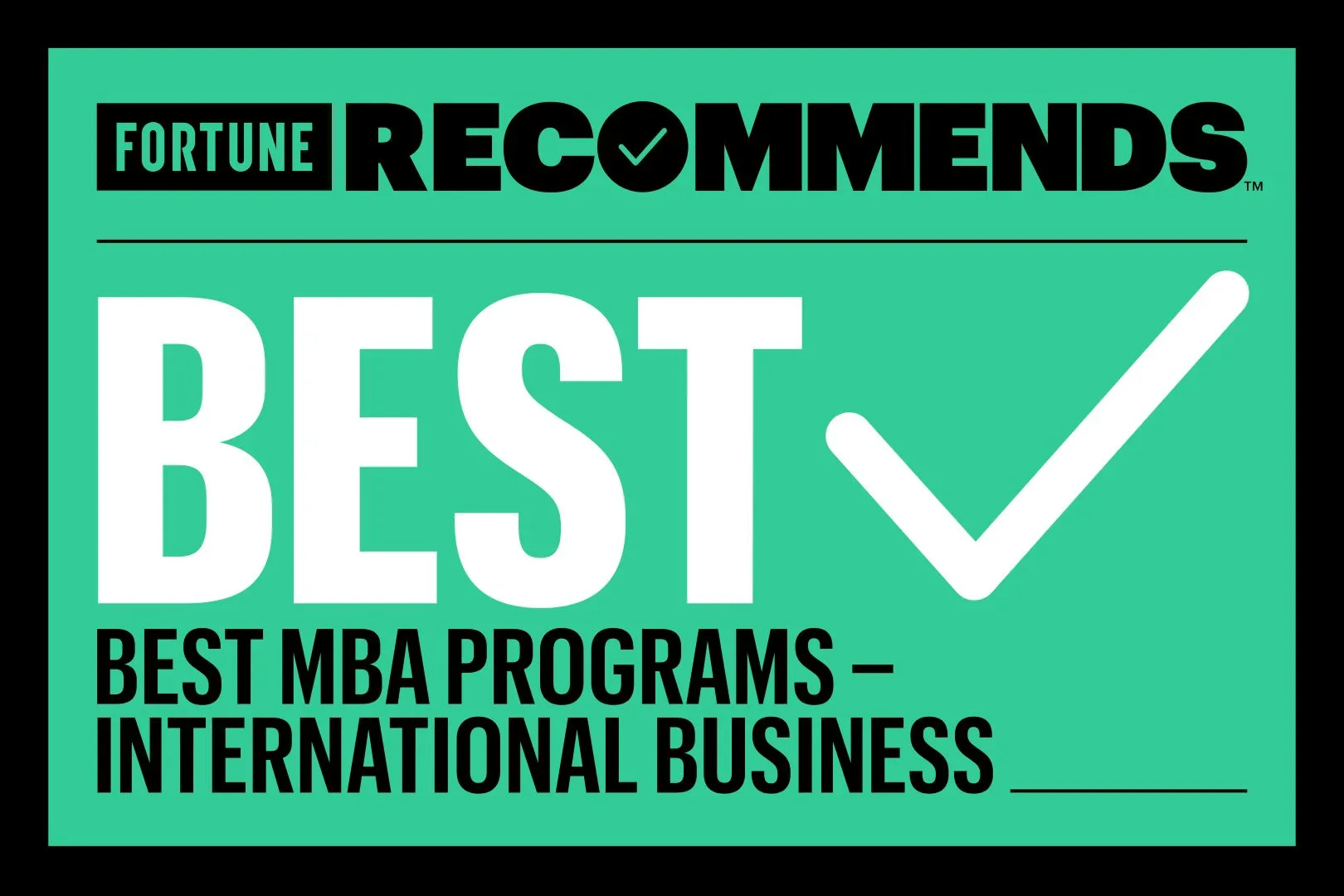Executive MBA vs Traditional MBA Which One Suits Your Goals
Discover top MBA programs worldwide with MBAEduAcademy.com. We provide in-depth insights into prestigious MBA schools, comprehensive course details, and expert guidance on application requirements to help you achieve your business education goals.

When choosing an MBA program, many professionals face the challenge of deciding between an Executive MBA (EMBA) and a Traditional MBA. Both programs offer valuable education and career benefits, but they cater to different types of students with varying career goals, schedules, and experience levels.
Who Should Choose an Executive MBA Program
An Executive MBA is designed for professionals who have significant work experience and are currently in managerial or leadership positions. This program is best suited for those who want to enhance their leadership skills while continuing to work full-time. Some key aspects include:
- Tailored for professionals with 8-15 years of experience
- Flexible schedules with weekend or part-time classes
- Focused on leadership, strategy, and executive decision-making
- Networking opportunities with high-level executives and industry leaders
- Designed to be completed in 12-24 months
A Traditional MBA is ideal for early-career professionals or recent graduates looking to advance their careers in business. This program provides foundational knowledge in business management, finance, marketing, and entrepreneurship. Some characteristics include:
- Designed for candidates with 2-5 years of work experience
- Full-time schedule with on-campus learning
- Provides internship opportunities for career switching
- Emphasizes teamwork, business fundamentals, and technical skills
- Typically lasts 18-24 months
Executive MBA Curriculum Focus
An Executive MBA curriculum is structured to meet the needs of professionals who already have practical business experience. The focus is on:
- Leadership and Strategic Management - Helps executives drive business growth and innovation.
- Global Business Trends - Understanding international markets and competition.
- Advanced Finance and Analytics - Decision-making with real-time financial analysis.
- Negotiation and Crisis Management - Key skills for managing corporate challenges.
A Traditional MBA covers broader business fundamentals and prepares students for various career paths. The core subjects typically include:
- Accounting and Finance - Essential skills for managing business financials.
- Marketing and Consumer Behavior - Strategies to attract and retain customers.
- Operations and Supply Chain Management - Learning how to optimize business processes.
- Entrepreneurship and Innovation - Preparing students to launch and grow businesses.
Top Executive MBA Programs
- Wharton Executive MBA
- Key Features: Strong finance and leadership focus, global learning opportunities
- Duration: 24 months
- Tuition: $210,900
- Best For: Senior executives looking to enhance leadership and strategic management skills
- Chicago Booth Executive MBA
- Key Features: Data-driven decision-making, international immersion
- Duration: 21 months
- Tuition: $194,000
- Best For: Mid-to-senior-level professionals aiming for top corporate roles
- MIT Sloan Executive MBA
- Key Features: Technology and innovation leadership, real-world application
- Duration: 20 months
- Tuition: $185,000
- Best For: Professionals in tech, finance, and strategy roles
- Harvard Business School MBA
- Key Features: Case-study method, global alumni network
- Duration: 24 months
- Tuition: $76,000 per year
- Best For: Career switchers and future corporate leaders
- Stanford Graduate School of Business MBA
- Key Features: Entrepreneurship and innovation focus, strong networking
- Duration: 24 months
- Tuition: $80,000 per year
- Best For: Professionals looking for startup and leadership roles
- INSEAD MBA
- Key Features: International exposure, accelerated one-year program
- Duration: 12 months
- Tuition: $110,000
- Best For: Candidates wanting a fast-track MBA with a global approach
Career Growth with an Executive MBA
Executives who complete an EMBA typically experience career acceleration within their organizations. Common roles include:
- Chief Executive Officer (CEO) - Overseeing business operations and strategy.
- Chief Financial Officer (CFO) - Managing corporate finances and investment strategies.
- Senior Vice President (SVP) - Leading business units and key projects.
- Business Consultant - Advising firms on strategy, growth, and restructuring.
Graduates of a Traditional MBA often explore diverse career paths across multiple industries, such as:
- Management Consultant - Working with global firms like McKinsey, BCG, or Bain.
- Investment Banker - Handling mergers, acquisitions, and financial deals.
- Marketing Manager - Leading branding and digital marketing strategies.
- Entrepreneur - Launching and scaling startups with business knowledge.
Executive MBA Costs and ROI
- Higher upfront cost due to executive-level faculty and resources.
- Faster return on investment (ROI) as many students receive sponsorships or promotions post-graduation.
- Average salary post-EMBA: $150,000-$250,000 per year.
- Lower tuition compared to EMBA, but often requires full-time study with lost income.
- Internships and job placements help students gain industry exposure.
- Average salary post-MBA: $100,000-$140,000 per year.
- If you are a mid-to-senior level professional looking to move into top leadership positions while keeping your job, an Executive MBA is the best choice.
- If you are an early-career professional seeking a career switch, corporate advancement, or entrepreneurship skills, a Traditional MBA provides the best foundation.
- If cost and time are key factors, traditional MBAs may require a full-time commitment but offer career flexibility, while EMBAs provide a faster path to higher executive roles.
:max_bytes(150000):strip_icc()/277019-baked-pork-chops-with-cream-of-mushroom-soup-DDMFS-beauty-4x3-BG-7505-5762b731cf30447d9cbbbbbf387beafa.jpg)






